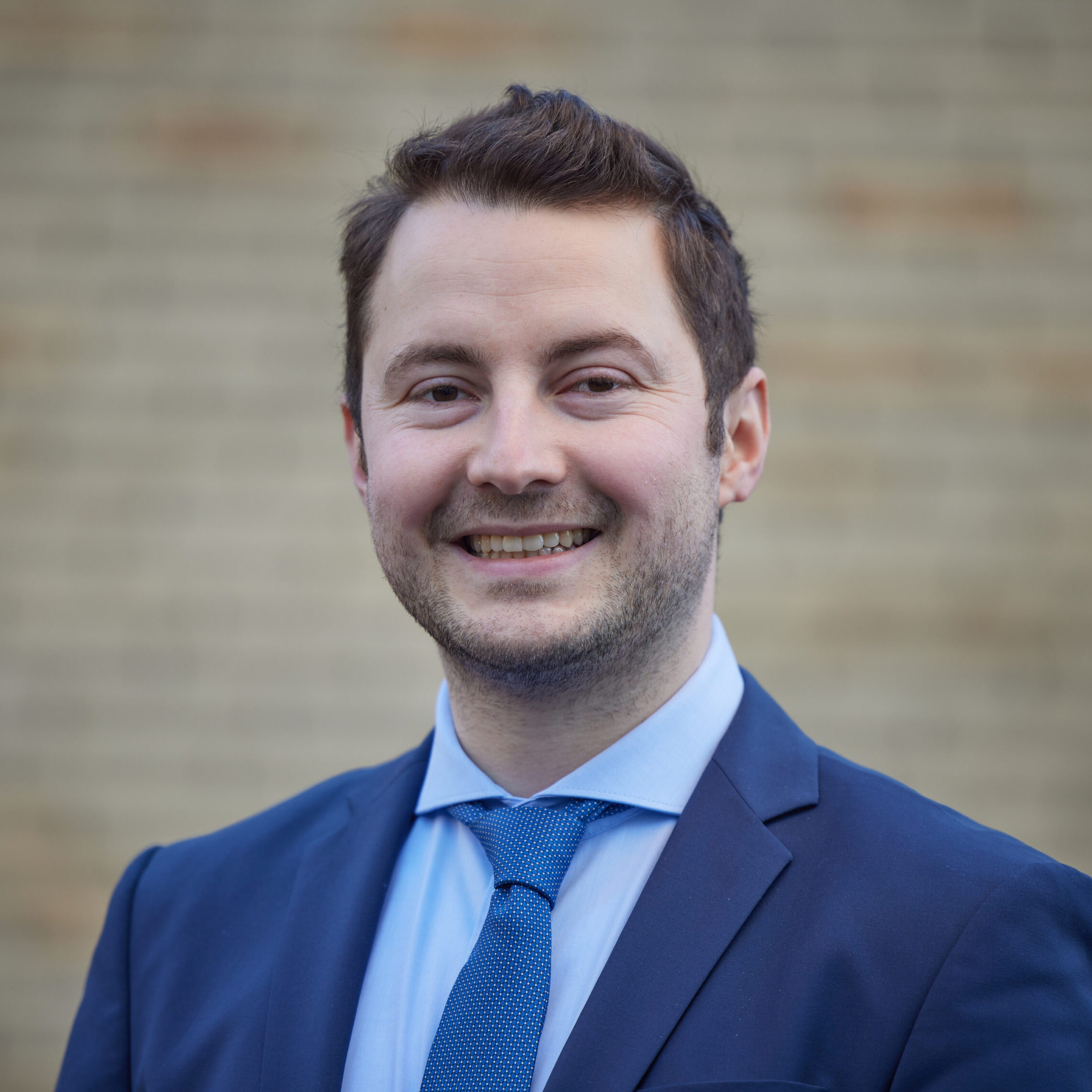Samsung Newsroom, via Flickr
Transatlantic Cooperation in the Chip War
Enhancing U.S.-German Policy Coordination on Re-shoring Semiconductor Manufacturing
Speaker: Philip Nock, DAAD/AGI Research Fellow
Moderator: Peter Rashish, Vice President and Director of the Geoeconomics Program, AGI
Microchips have become the basic component of the digital transformation. From smartphones, computers, and cars to jets and drones, nearly every digital device requires semiconductor technology. Yet the interplay of the COVID-19 pandemic, Sino-U.S. rivalry, and industrial miscalculations has triggered a rippling supply-demand imbalance and led to a shortage of microchips. This, in turn, has made governments around the world rethink their existing economic policies and strive to reduce their technological dependencies. In navigating the intricate landscape of semiconductor production, global supply chain dynamics, and geopolitics—the “Chip War”—a collaborative approach between the United States and Germany becomes a strategic imperative. During this webinar, DAAD/AGI Research Fellow Philip Nock will explore the idea that Washington and Berlin need to enhance their tech cooperation and coordination to reduce vulnerabilities in semiconductor manufacturing and supplies effectively. He will present recommendations to enhance policy coordination at the bilateral level, complementing the existing work of the U.S.-EU Trade and Technology Council.

Philip J. Nock is a research fellow at the University of Bonn’s Center for Advanced Security, Strategic and Integration Studies (CASSIS), where he works on digital policies, weaponized interdependence, and semiconductor supply chain security initiatives. He holds a PhD scholarship from the Konrad-Adenauer Foundation (KAS), is part of the PhD study group “Security and Development in the 21st Century” of KAS and is a member of the research collective “The Second Cold War Observatory.” His research interests in international relations lie at the nexus of economic, technology, and security policy. In his PhD, he combines these by examining European policy responses to the weaponization of Sino-U.S. interdependencies in the realm of semiconductor production networks. He holds a BA and an MA from the University of Bonn, during which time he also studied in St. Andrews (UK) and Toronto.
Please reach out to Program Coordinator Mr. Jack Fornasiero at jfornasiero@aicgs.org with questions.
This event is supported by the DAAD with funds from the Federal Foreign Office.






